 Feedback from BU staff who have participated in academic sandpits is always positive: “Sandpits stimulate creative thinking and encourage you to step outside of your comfort zone. They are an opportunity to learn from others whose approaches to research may be different from your own” – Prof. Adele Ladkin, School of Tourism, EPSRC Sandpit Participant
Feedback from BU staff who have participated in academic sandpits is always positive: “Sandpits stimulate creative thinking and encourage you to step outside of your comfort zone. They are an opportunity to learn from others whose approaches to research may be different from your own” – Prof. Adele Ladkin, School of Tourism, EPSRC Sandpit Participant
Sandpits provide an intensive, interactive and free-thinking environment. A group of participants from a range of disciplines and backgrounds use this space to get together to become immersed in a collaborative thinking processes in order to construct innovative approaches to issues or questions.
As sandpits involve diverse participants, they force catalysation, collision and collaboration. This produces unique and innovative outputs and fosters new partnerships.
We are facilitating with expert bid writer Dr Martin Pickard of GrantCraft, three 1-day sandpits at BU which focus around relevant Research Council UK cross-thematic areas. The Living with Environmental Change (including Energy) Sandpit is being held on 17.07.13
Attending the sandpit will:
- facilitate you networking with other researchers across BU who you wouldn’t normally come in to contact with
- allow you to get a fresh perspective from a different discipline on the same issue
- enable you to be part of a multidisciplinary team who potentially bids for Research Council funding
- give you a truly unique experience
Spaces are limited for each of the sandpits and you can register for a place on the Staff Development website.




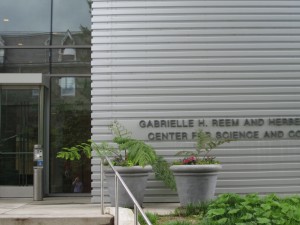
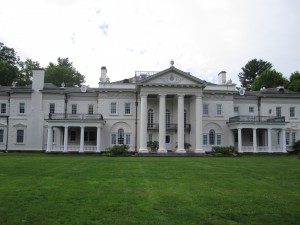
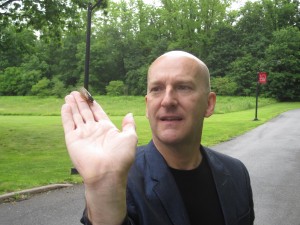
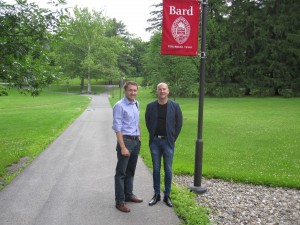


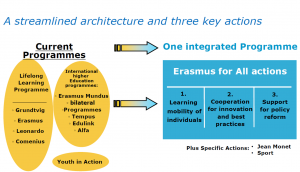
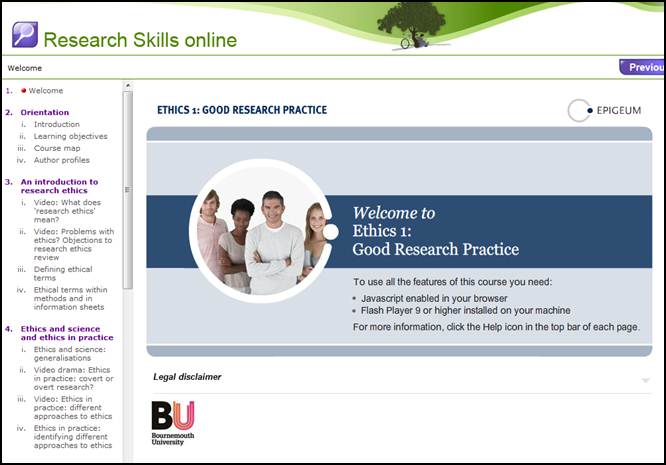 The University Research & Knowledge Exchange Committee (URKEC) recently approved the implementation plan of a mandatory research ethics e-module training course. The research ethics e-module is vital to ensure all academic staff and PGRs at BU are provided with training in research ethics. This will ensure all members of staff who conduct their own research and supervise students are proficient in basic research ethics principles.
The University Research & Knowledge Exchange Committee (URKEC) recently approved the implementation plan of a mandatory research ethics e-module training course. The research ethics e-module is vital to ensure all academic staff and PGRs at BU are provided with training in research ethics. This will ensure all members of staff who conduct their own research and supervise students are proficient in basic research ethics principles.










 SPROUT: From Sustainable Research to Sustainable Research Lives
SPROUT: From Sustainable Research to Sustainable Research Lives BRIAN upgrade and new look
BRIAN upgrade and new look Seeing the fruits of your labour in Bangladesh
Seeing the fruits of your labour in Bangladesh Exploring Embodied Research: Body Map Storytelling Workshop & Research Seminar
Exploring Embodied Research: Body Map Storytelling Workshop & Research Seminar Marking a Milestone: The Swash Channel Wreck Book Launch
Marking a Milestone: The Swash Channel Wreck Book Launch ECR Funding Open Call: Research Culture & Community Grant – Application Deadline Friday 12 December
ECR Funding Open Call: Research Culture & Community Grant – Application Deadline Friday 12 December MSCA Postdoctoral Fellowships 2025 Call
MSCA Postdoctoral Fellowships 2025 Call ERC Advanced Grant 2025 Webinar
ERC Advanced Grant 2025 Webinar Update on UKRO services
Update on UKRO services European research project exploring use of ‘virtual twins’ to better manage metabolic associated fatty liver disease
European research project exploring use of ‘virtual twins’ to better manage metabolic associated fatty liver disease